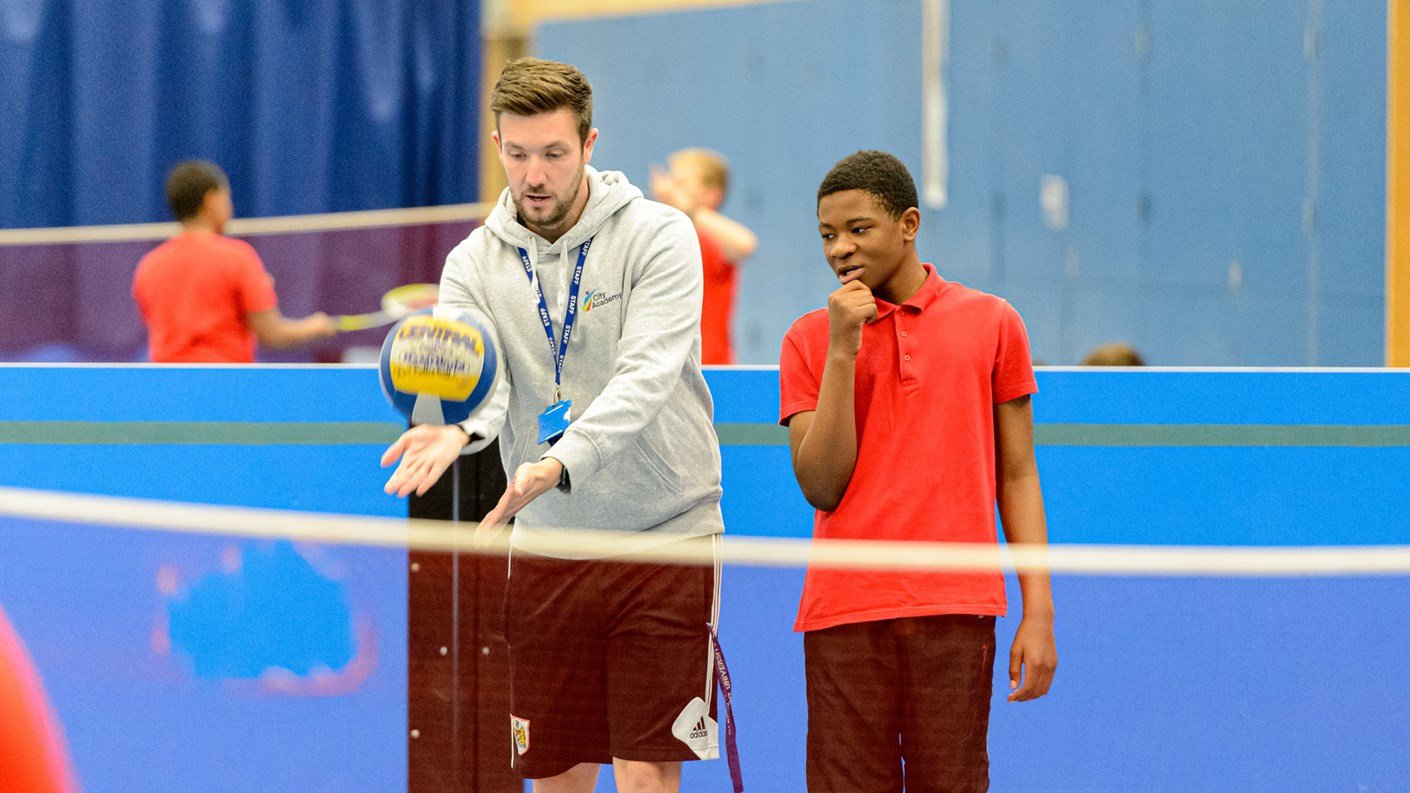A Position of Trust - Change in the Law
What do recent changes in legislation on positions of trust mean for you
Introduction
As of 28 June 2022, the law will change and Sections 16 to 19 of the Sexual Offence Act 2003 (the Act) will state that it is illegal for an adult in a position of trust to be involved in sexual activity with a person who is 16 or 17 years old and who they look after.
Although young people aged 16 and 17 have reached the age of consent for sexual activity according to UK law, they could be vulnerable to sexual abuse and exploitation in certain situations. This includes sexual activity and manipulation by adults who hold a position of trust, responsibility, or authority in relation to them, and, as a result, have a considerable amount of power and influence on their lives. The law changes have expanded to include adults in a position of trust, where an adult is coaching, teaching, training, supervising or instructing in a sport to a 16 or 17-year-old on a regular basis.
The changes
The changes to the Act include an extension of the positions of trust offences to include where an adult is coaching, teaching, training, supervising or instructing a 16 or 17-year-old in a sport on a regular basis, and where the adult knows that they are coaching, teaching, training, supervising or instructing this individual.
Within the Act, ‘sport’ is defined as any game in which physical skill is the predominant factor, and any form of physical recreation which is also engaged in for the purpose of competition or display.
The following occupational roles will be classified as a position of trust when they are working with young people aged 16 to 17 years old:
- Personal Trainer
- Gym Instructor
- Group Exercise Instructor/Yoga/Pilates Instructor
- Coach
- Assistant Coach
- Swimming Teacher
- Assistant Swimming Teacher
The following occupational roles may also be classified as a position of trust depending upon their workplace related roles and responsibilities:
- Recreation Assistant
- Manager
- Tutor
- Assessor
- Coach Developer
Members of the workforce, employers and education partners are encouraged to understand the professional standards, workplace roles and responsibilities in relation the law changes, to ensure that they are updating their working practices, governance, education and monitoring accordingly.
The CPSU have created support resources to help guide the sector through these changes. Preventing Abuse of Positions of Trust.
CIMSPA will be hosting a webinar in the coming weeks. Details to follow soon.
A list of frequently asked questions can be found below.
CIMSPA members and partners are encouraged to ask any further questions by contacting info@cimspa.co.uk
What is a position of trust?
Someone in a position of trust is a person in a position of authority or responsibility over another person. Those in positions of trust have a considerable amount of power and influence on a young person’s life. For example, a young person may be dependent on their personal trainer, swimming teacher, coach or other adult for their sport and physical activity participation, development or progression.
Recommendations for CIMSPA Employer Partners
Employer partners should define within their workforce governance tools (such as policies, procedures and codes of conduct) that the abuse of a position of trust is unacceptable and illegal behaviour. The workforce governance tools must robustly align to the law and its changes, which came into effect on 28 June 2022.
Employer partners should also consider training their workforce on the changes to the law and the subsequent changes to the workforce governance tools.
Employer partners should raise awareness of this important legal development and its implications to all those within the organisation, including information on how the Sentencing Council treats adults who abuse positions of trust, i.e. a maximum of 5 years in prison.
Raise awareness of the change in law with young people in an age-appropriate way and take steps to ensure that all young people are aware of the ways in which disclosures can be made to the organisation, how the organisation undertakes its safeguarding duties and that they will be supported if they have concerns to report.
Use this change in the law as an opportunity to understand the legislation, reflect on current workforce governance tools and deliver additional harm prevention and safeguarding training for those who work with young people and require an awareness of this change.
Recommendations for CIMSPA Education Partners
Education partners should update their learning materials to include the changes to the law, particularly highlighting to learners whose occupational roles are going to be, or have the potential to be, impacted by the changes. CIMSPA recommends, as a minimum, education products that align to the following occupational roles are updated:
- Personal Trainer
- Gym Instructor
- Group Exercise Instructor/Yoga/Pilates Instructor
- Coach
- Assistant Coach
- Swimming Teacher
- Assistant Swimming Teacher
- Recreation Assistant
- Manager
- Tutor
- Assessor
- Coach Developer
Recommendations for CIMSPA Members
CIMSPA members are required to understand how their role and responsibilities may be impacted by the law changes and adapt their working practices accordingly. They are encouraged to speak to their employers, membership or governing body if they require any further clarification or support in this area. In support of the law changes, CIMSPA recognises that the following occupational roles will be classified as a position of trust when they are working with young people aged 16 to 17 years old:
- Personal Trainer
- Gym Instructor
- Group Exercise Instructor/Yoga/Pilates Instructor
- Coach
- Assistant Coach
- Swimming Teacher
- Assistant Swimming Teacher
The following occupational roles may also be classified as a position of trust depending upon their workplace related roles and responsibilities and individual members are asked to consider the law and if they would be classified as a position of trust whilst undertaking their roles:
- Recreation Assistant
- Manager
- Tutor
- Assessor
- Coach Developer
